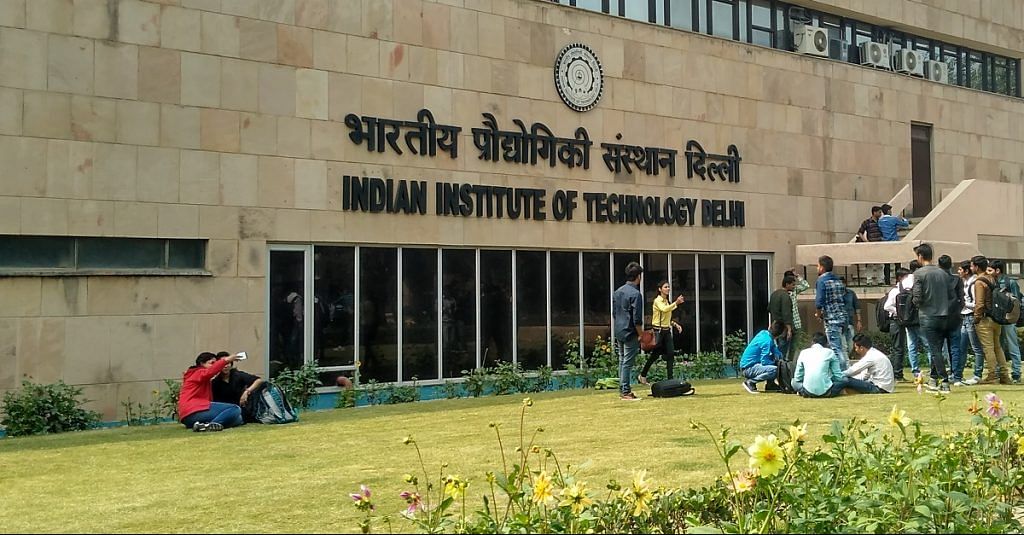The idea came up as a way to curb the billion-dollar private coaching industry that has grown around the IIT entrance exam, JEE.
New Delhi: A section of the faculty and alumni of the Indian Institutes of Technology (IITs) has suggested a radical idea that could change their very nature – make the premier engineering colleges post-graduate and research-centric institutions like the IIMs instead of focusing more on undergraduates as they currently do.
Sources in the human resource development ministry said the idea was discussed by policymakers and experts while they were trying to figure out ways to curb the role of private coaching classes that prepare students for the Joint Entrance Examination. Students start preparing for the JEE as early as in class 5 in some cases, and this has given rise to a billion-dollar private coaching industry.
Also read: Thanks to IITs, India to see a lot more women in civil and mechanical engineering
The proposal is set to be taken up for discussion at a meeting of the IIT Council on 21 August. The council, which takes all important decisions related to the institutions, consists of the directors of all IITs, and is headed by the union HRD minister.
A radical change
IITs are traditionally known for their undergraduate programmes and their placements. But the new proposal entails that the IITs mentor B.Tech. colleges instead.
“At the undergraduate level, one IIT can mentor some 100 institutions around it. Then, out of the students from those institutions, some 10 selected students from each institution can complete their final semester in the IIT,” a source in the ministry said explaining the proposal.
“That way, each IIT will be able to at least provide accommodation and other facilities to a selected 1,000 students.”
Undergraduate programmes are also a major source of revenue for the institutions — the fee for a B.Tech. course is over Rs 1 lakh per semester. However, ministry officials said this should not be the main concern while considering this change.
Also read: IITs, IIMs, NITs have just 3% of total students but get 50% of government funds
“Funds should not be the biggest cause of worry for them. They can probably charge the same amount of fees by mentoring institutions. The larger concern is if the IITs will agree to give up something that has built their reputation for ages,” said a senior official in the ministry.
Mixed reactions
Is India’s engineering education system or the IITs themselves prepared for such a radical shift? Experts have mixed opinions on it.
A director of an IIT who did not wish to be named said: “While it would be good if the IITs move towards a more research-based approach, giving weightage to master’s and Ph.D. degrees, this cannot be done until the time we do not have second-rung institutes that can teach as well as the IITs at the undergraduate level. We have to first create institutes that are as good as IITs, and then gradually reduce the intake of students at the undergraduate level.”
The director said it is a welcome step that the government is at least considering a discussion on this issue, as it will pave the way for more research in the IITs, but added that whatever needs to be done has to be gradual.
However, Prof. Dheeraj Sanghi, who teaches at IIT Kanpur, said the move would be “disastrous”, and believes it will be rejected by the council.
“If something like this happens, we will destroy a system which is running well. We do not have good research or master’s-level studies happening in India, but at least the education system at the undergraduate level is running well right now. We should not destroy it,” he said.
